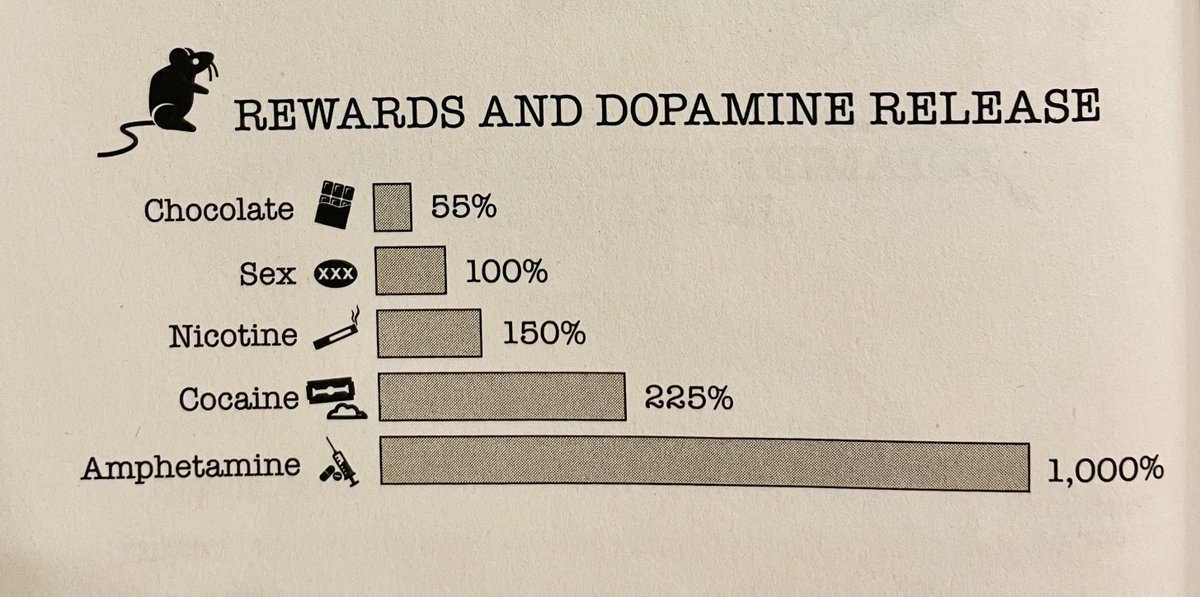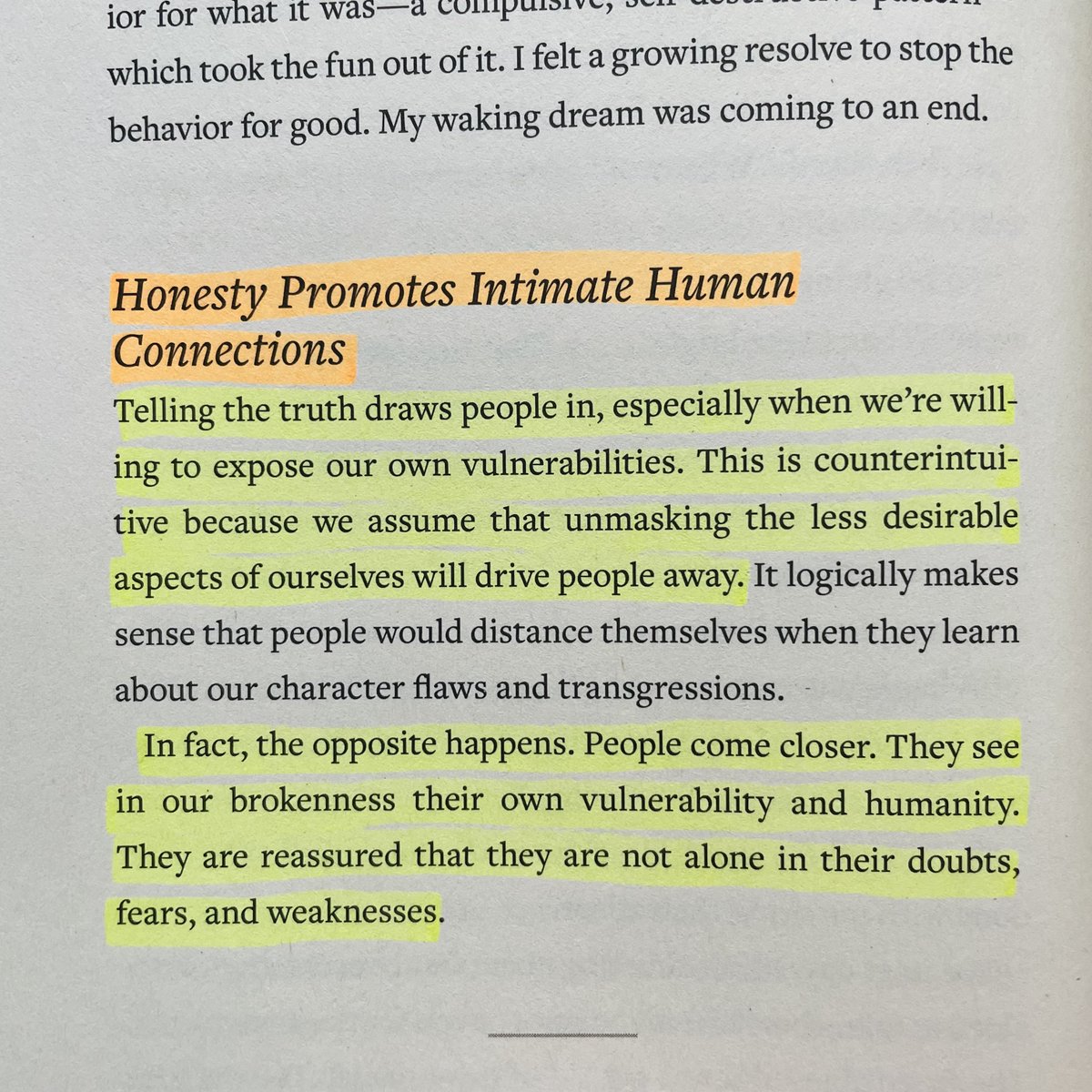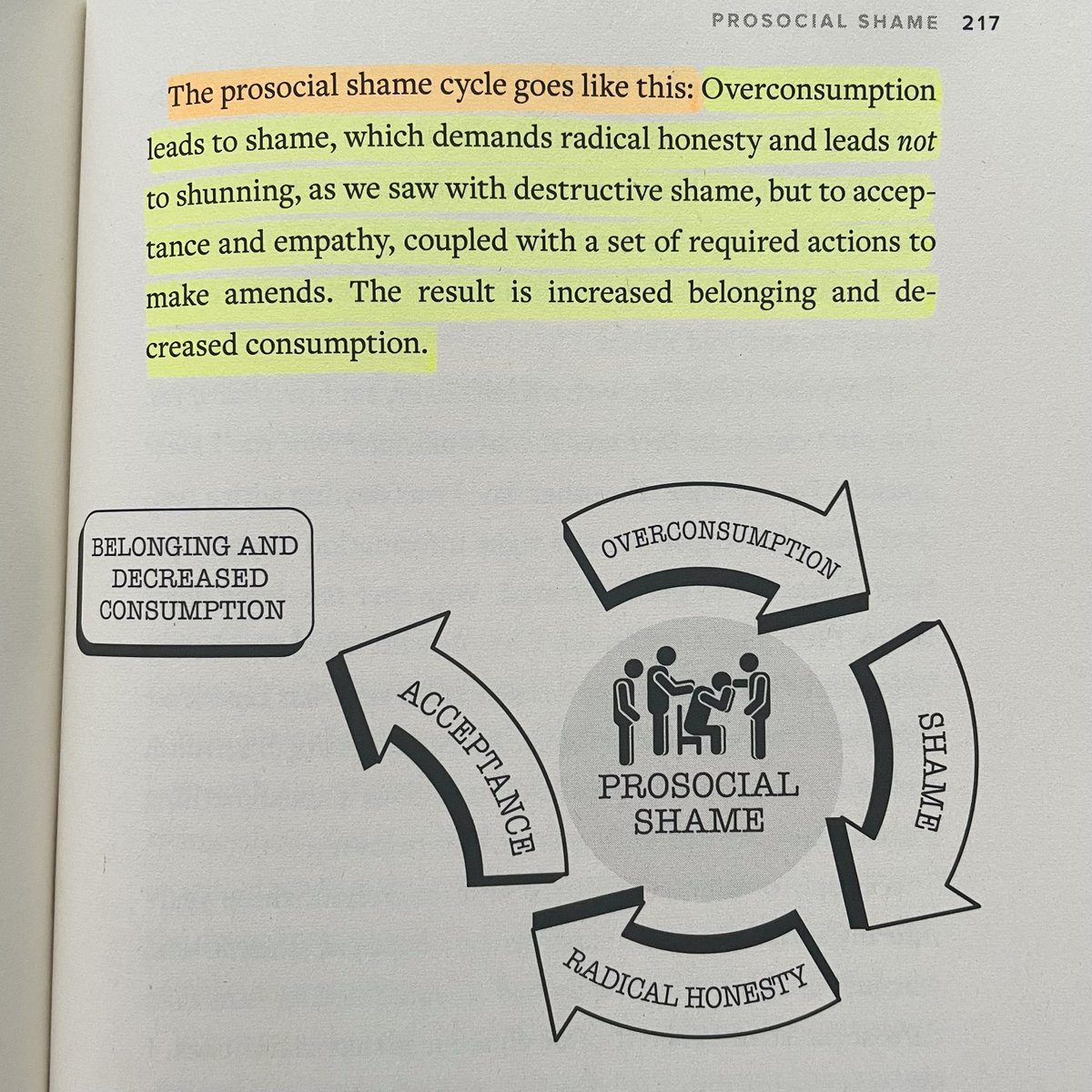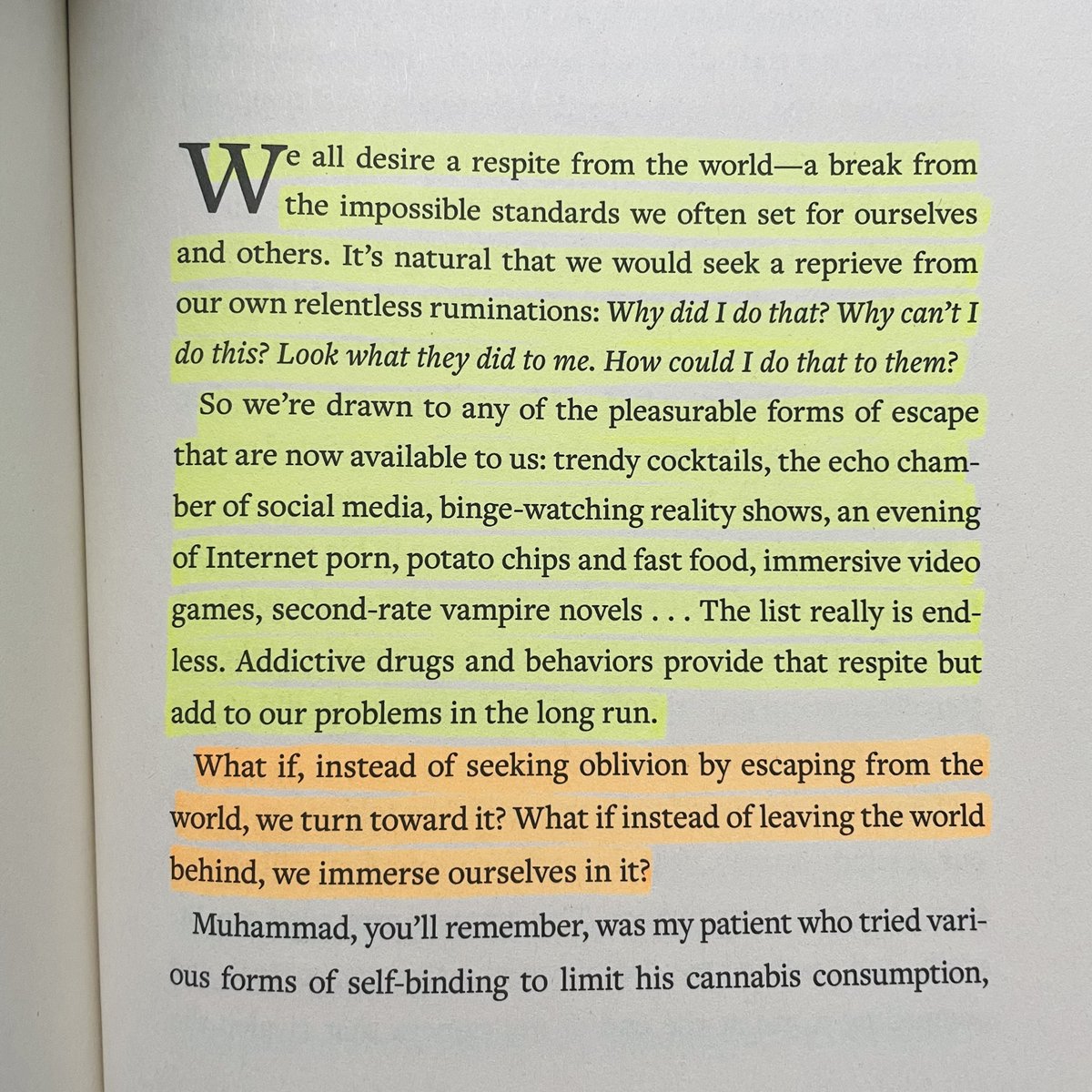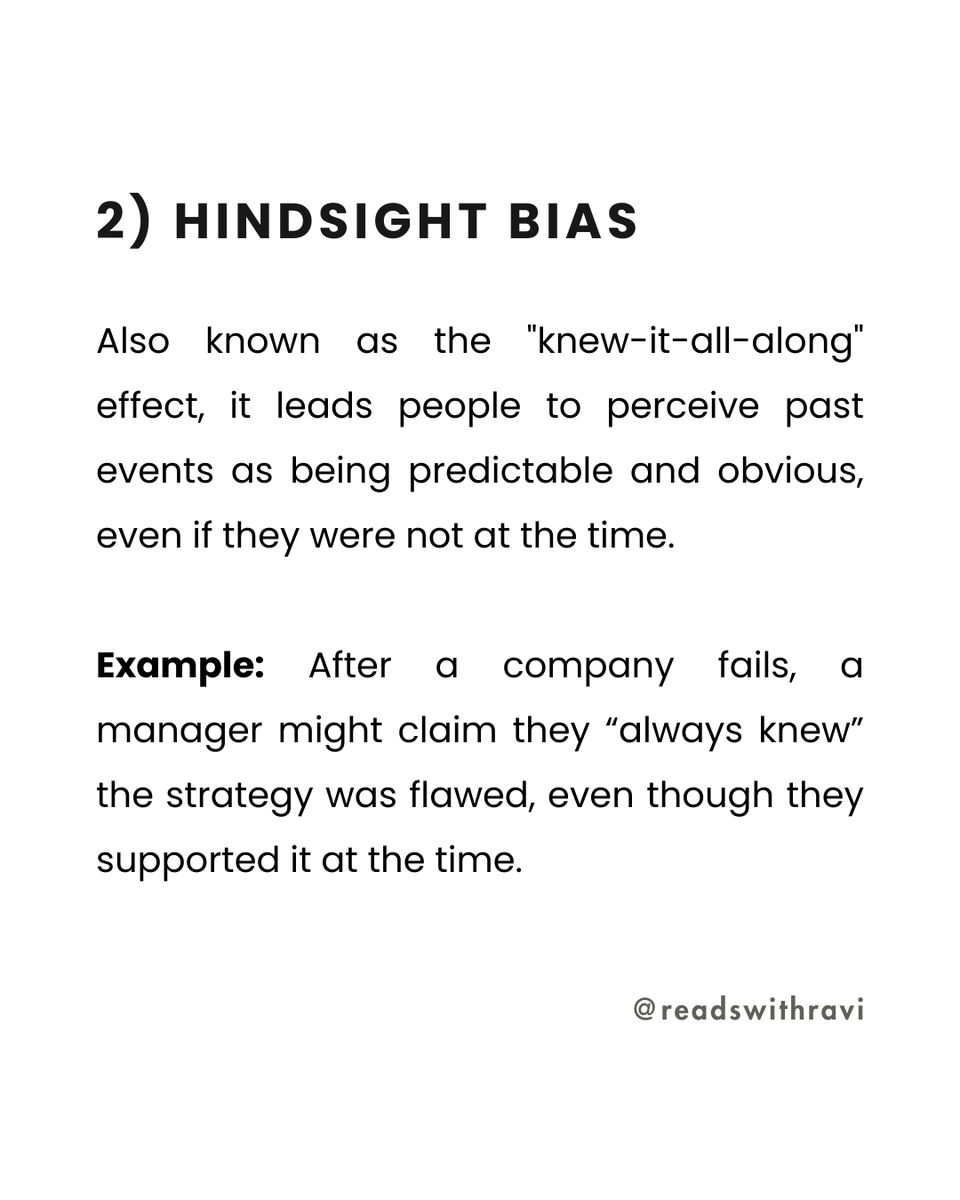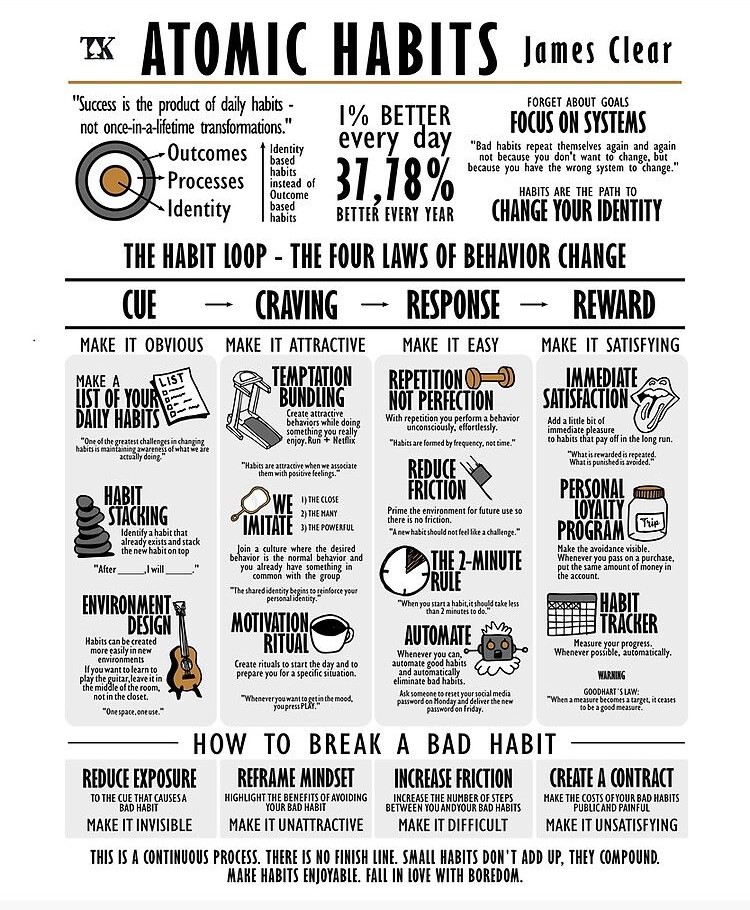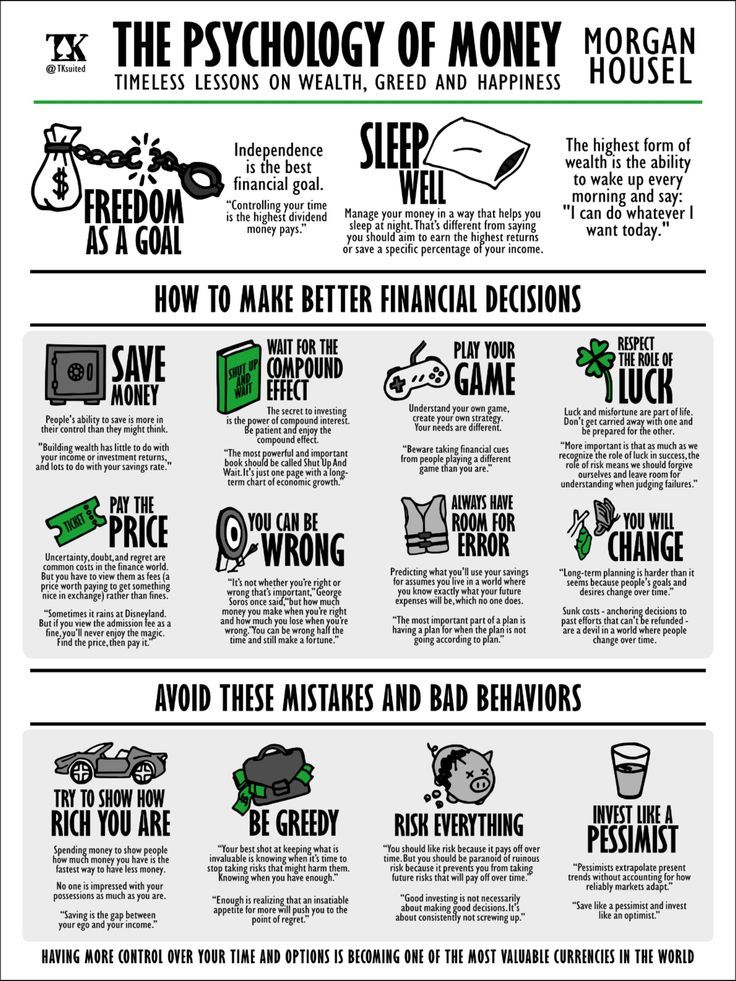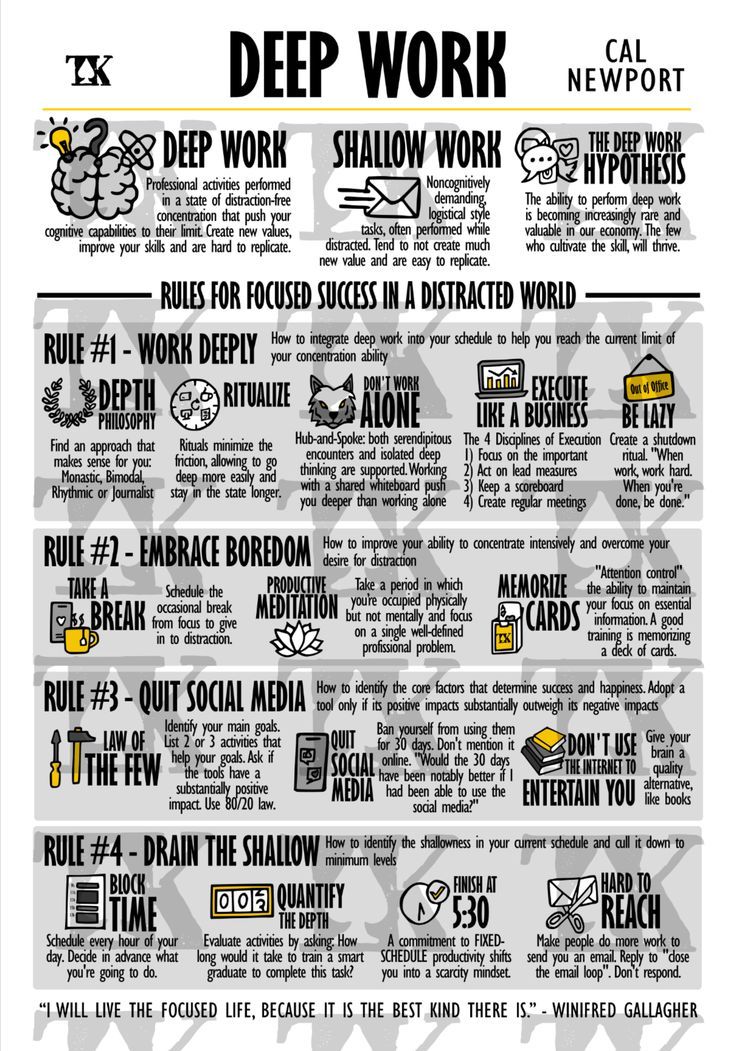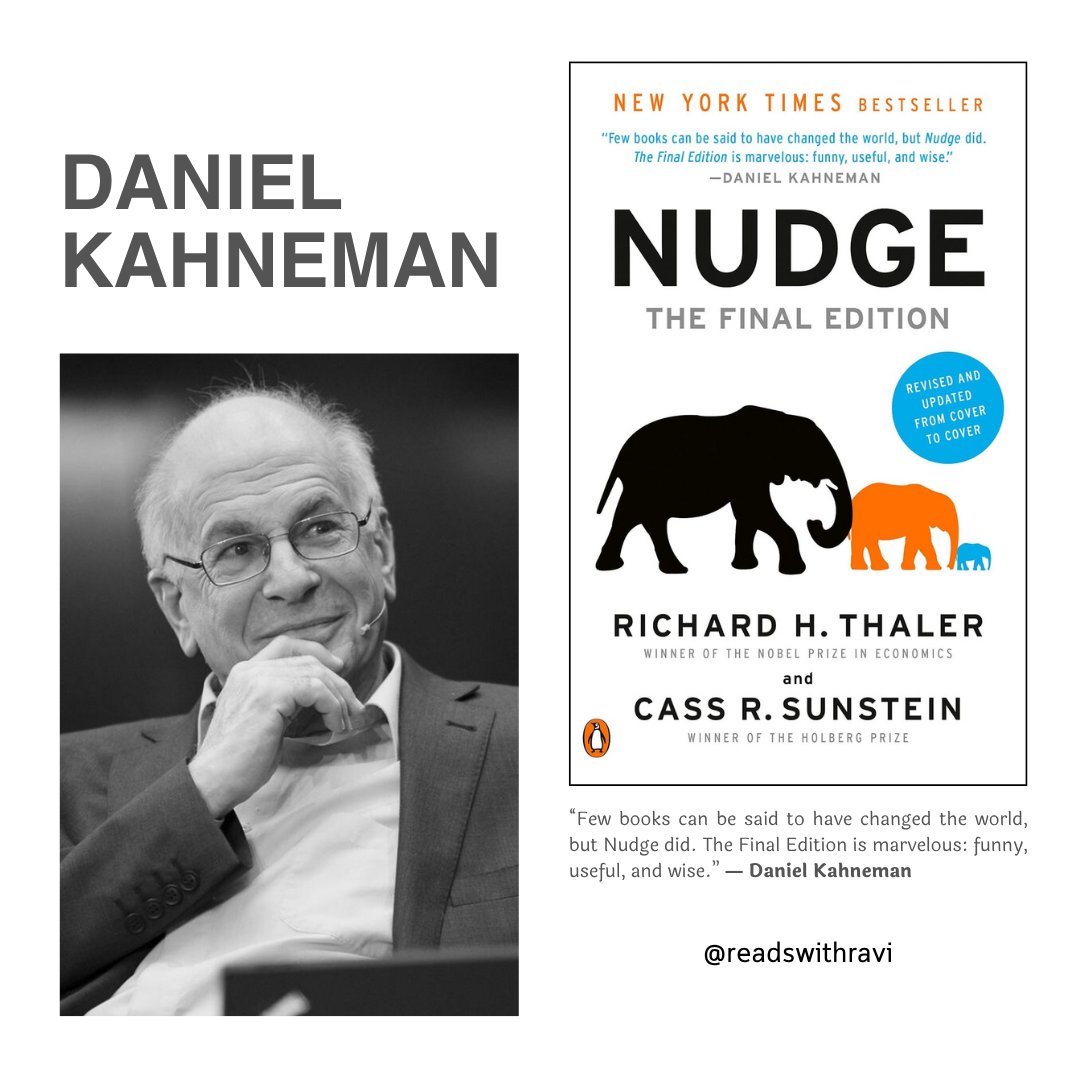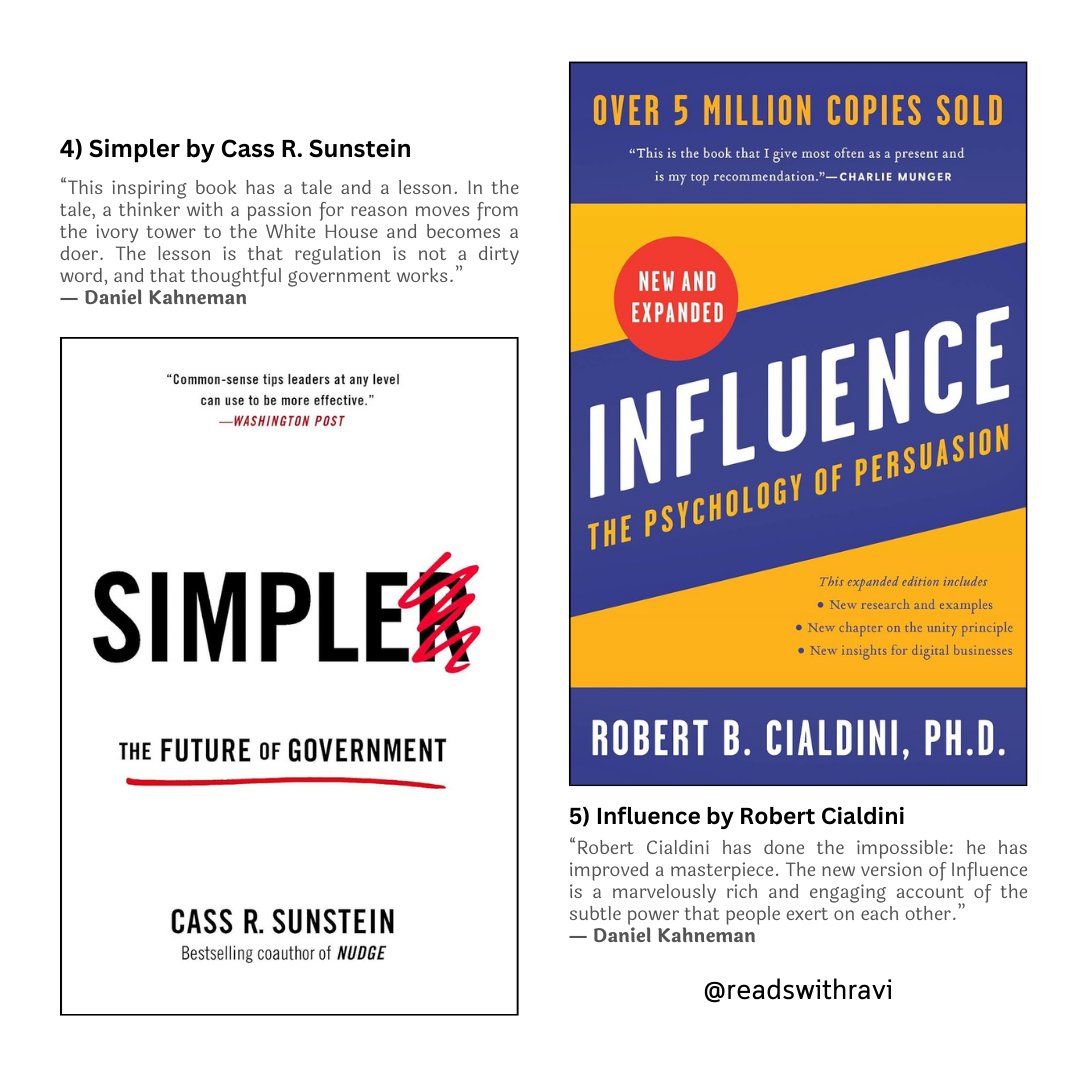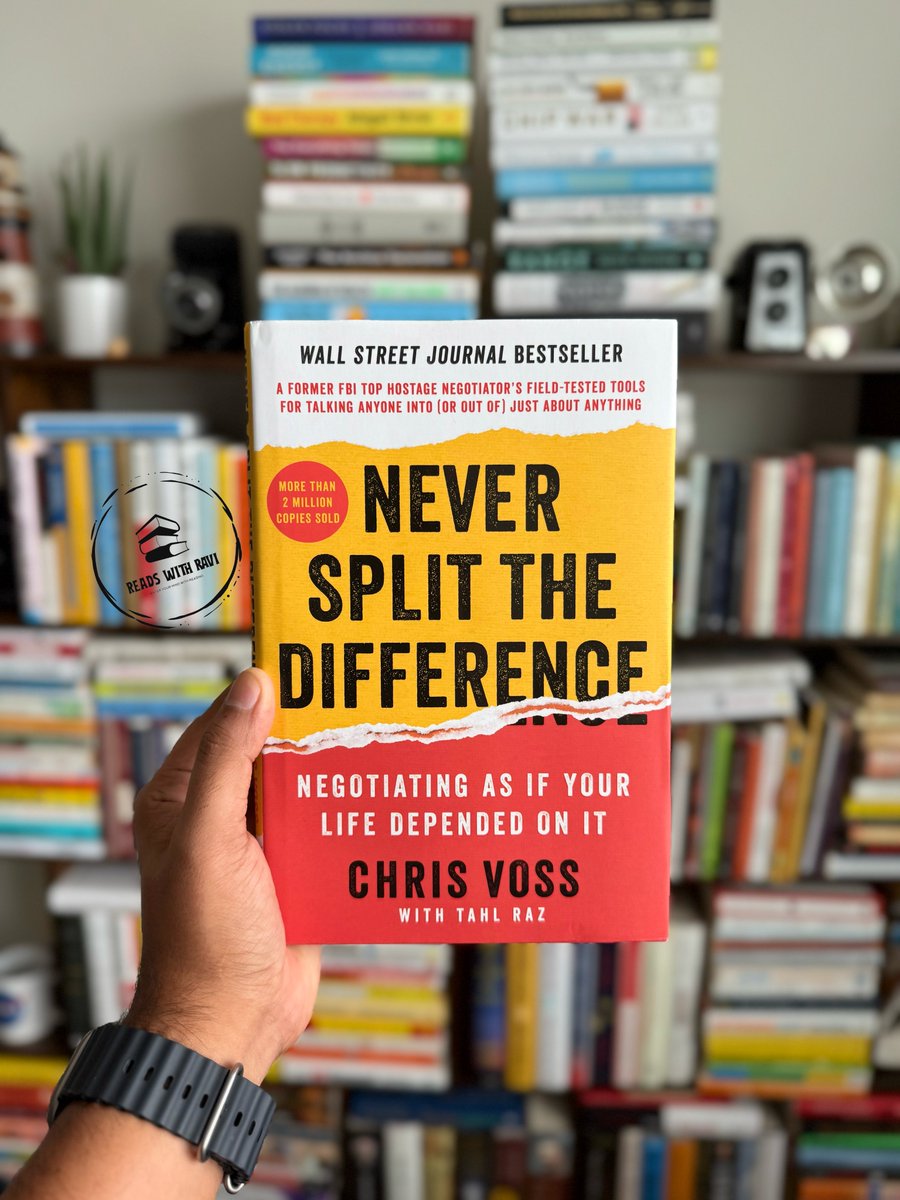“Dopamine Nation by Dr. Anna Lembke”
What a phenomenal read. It unpacks the neuroscience of reward and in so doing, enable us to find a better, healthier balance between pleasure and pain.
From Dr. Andrew Huberman recommendations.
7 lessons from the book:
What a phenomenal read. It unpacks the neuroscience of reward and in so doing, enable us to find a better, healthier balance between pleasure and pain.
From Dr. Andrew Huberman recommendations.
7 lessons from the book:
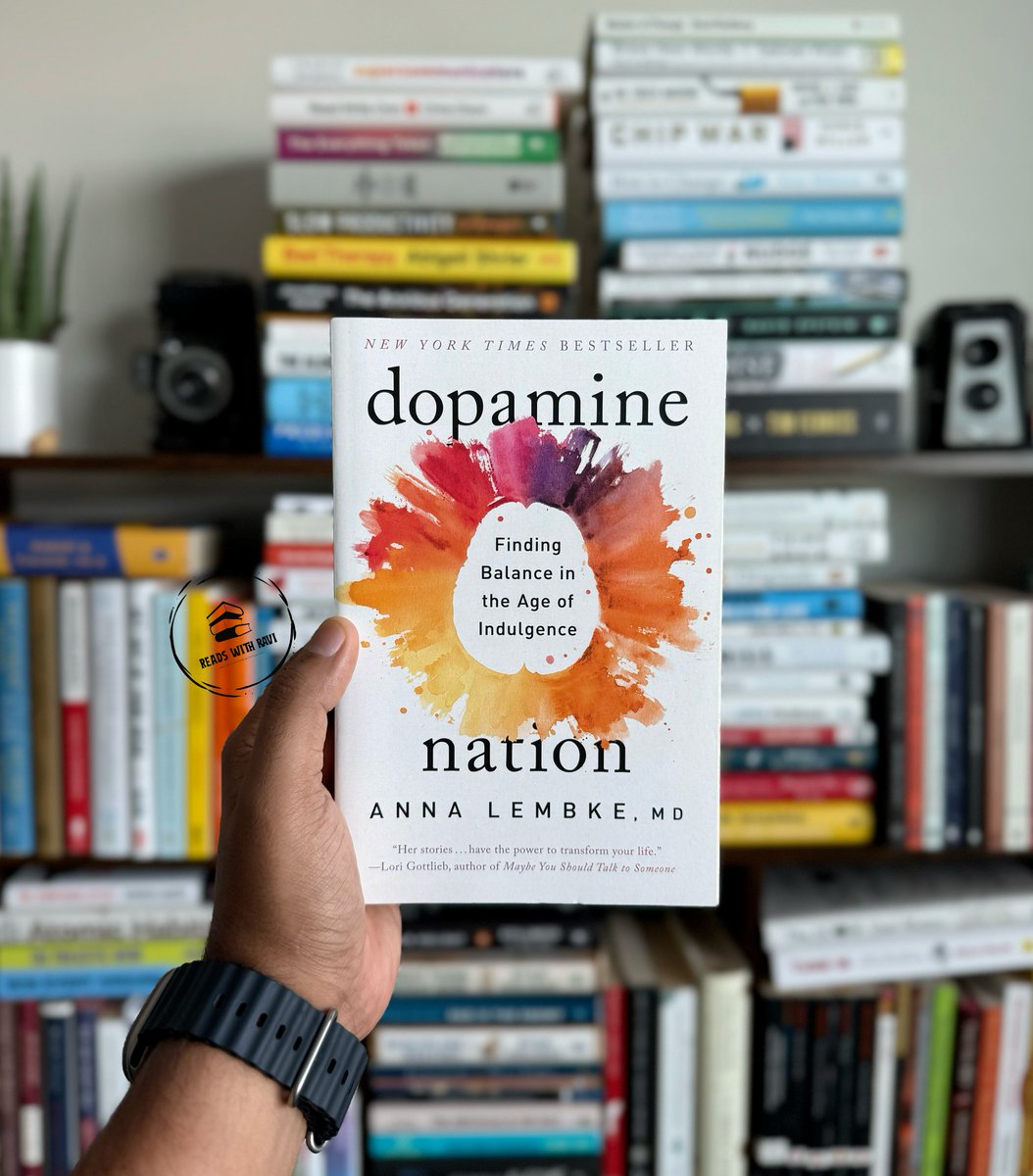
Dopamine was first identified as neurotransmitter in the human brain in 1957.
It is not only the neurotransmitter involved in reward processing, but it plays a bigger role in the motivation to get a reward than the pleasure of the reward itself.
Wanting more than liking.
It is not only the neurotransmitter involved in reward processing, but it plays a bigger role in the motivation to get a reward than the pleasure of the reward itself.
Wanting more than liking.
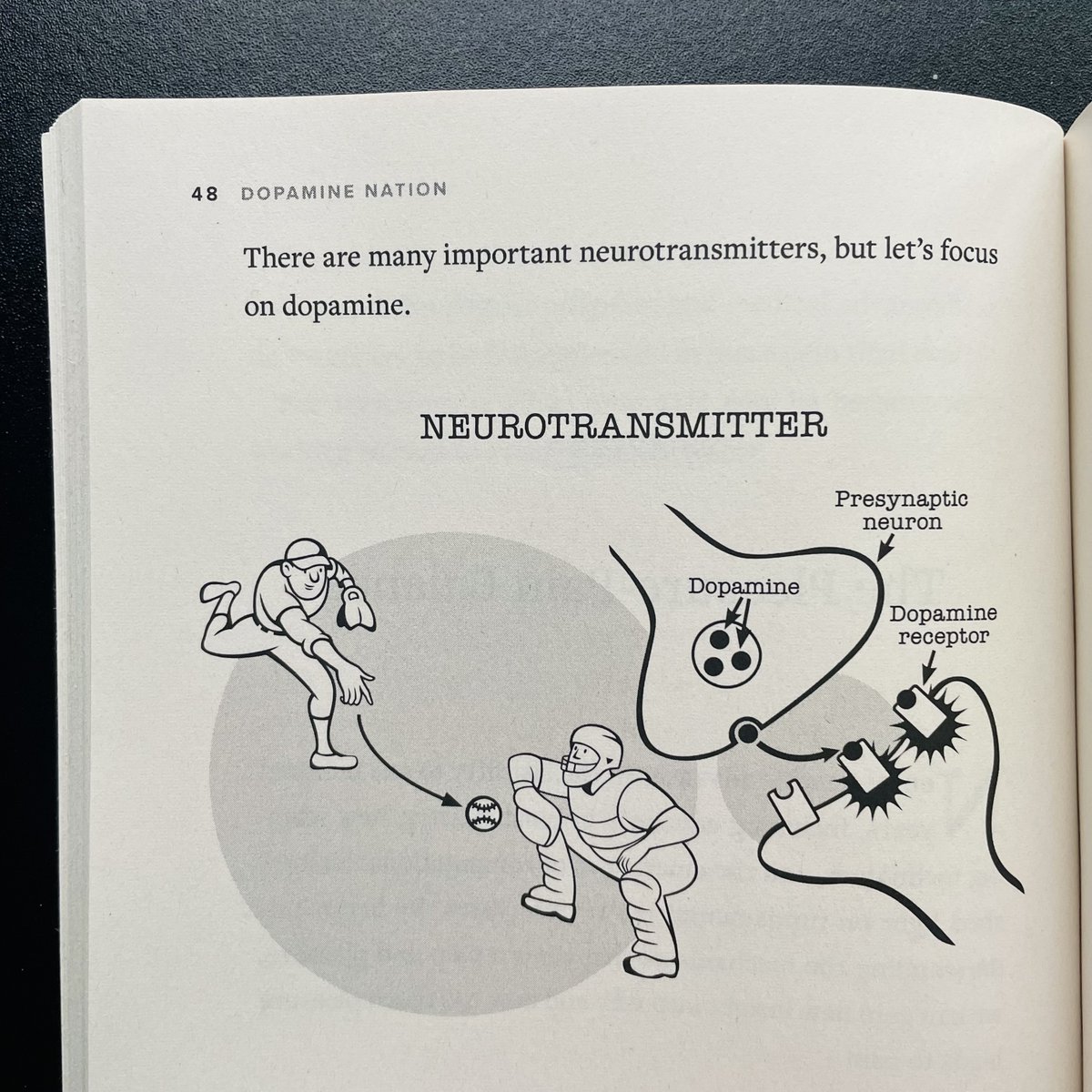
1) Pleasure and Pain are Co-Located:
Pleasure and pain are processed in overlapping brain regions and work via an opponent-process mechanism; they work like a balance.
It wants to remain level, in equilibrium. It does not want to be tipped for very long to one side or another.
Pleasure and pain are processed in overlapping brain regions and work via an opponent-process mechanism; they work like a balance.
It wants to remain level, in equilibrium. It does not want to be tipped for very long to one side or another.
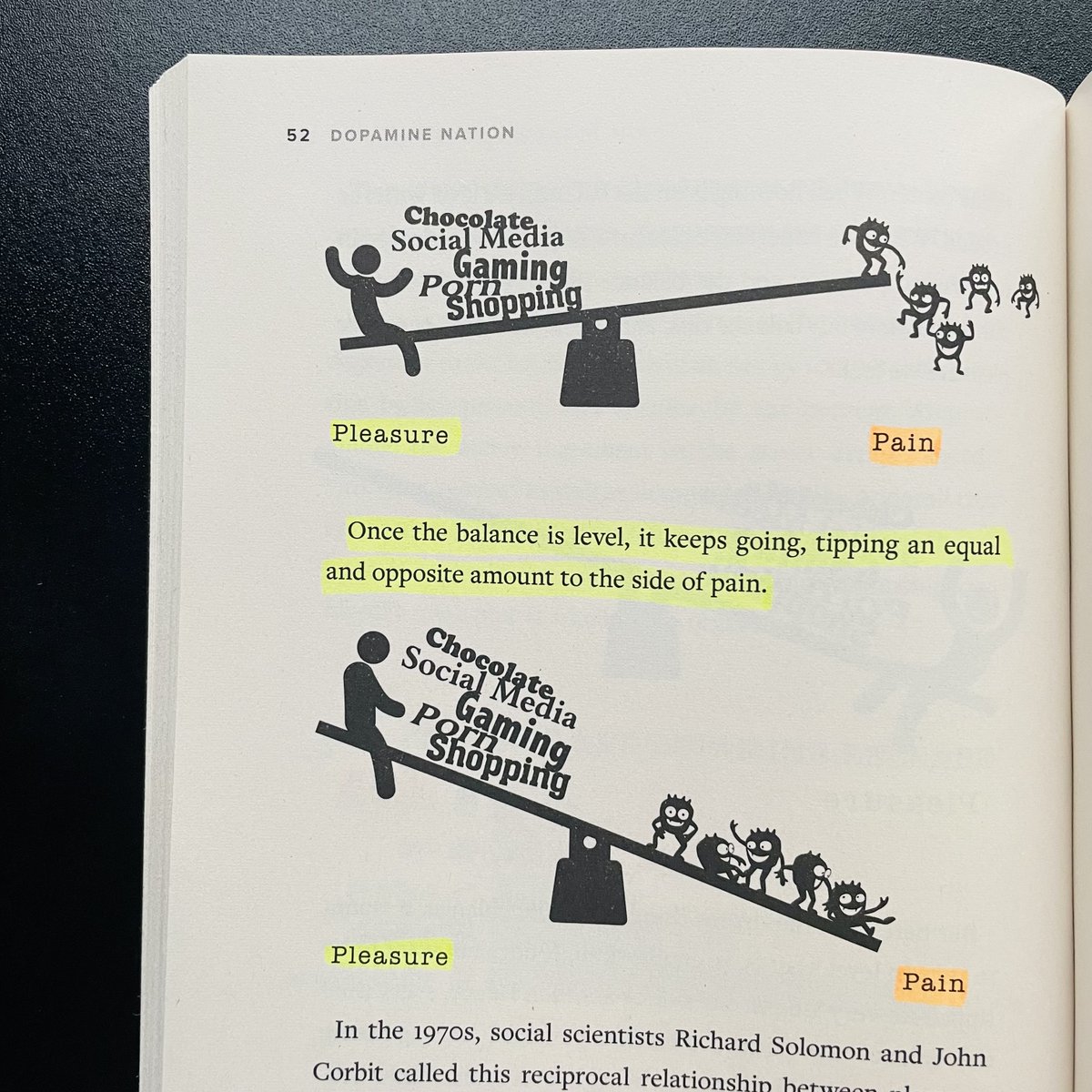
2) Self-binding creates literal and metacongnitive space between desire and consumption, a modern necessity in our dopamine-overloaded world. 
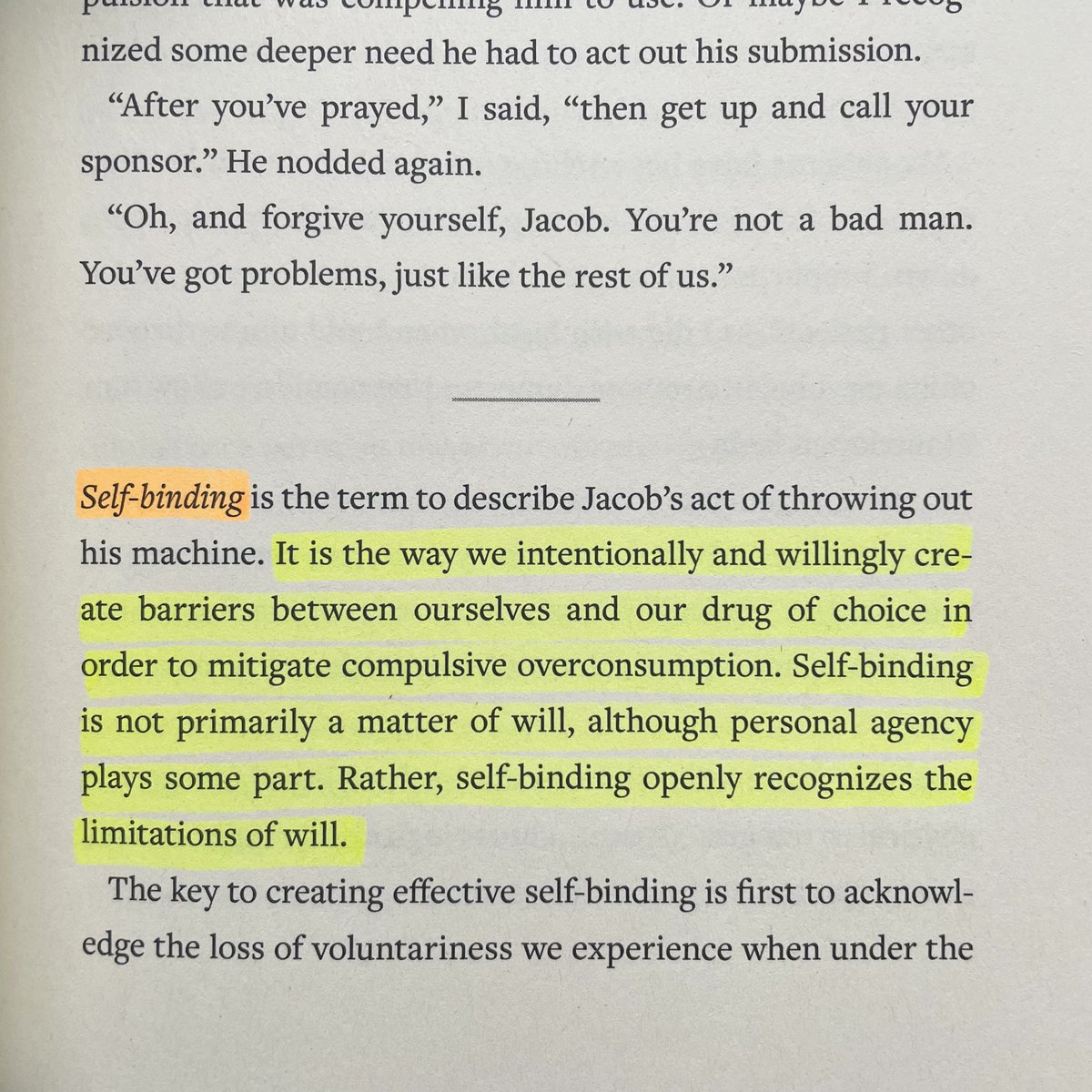
3) A key to well-being is for us to get off the couch and move our real bodies, not our virtual ones.
Exercise has a more profound and sustained positive effect on mood, anxiety, cognition, energy, and sleep than any pill.
Exercise has a more profound and sustained positive effect on mood, anxiety, cognition, energy, and sleep than any pill.
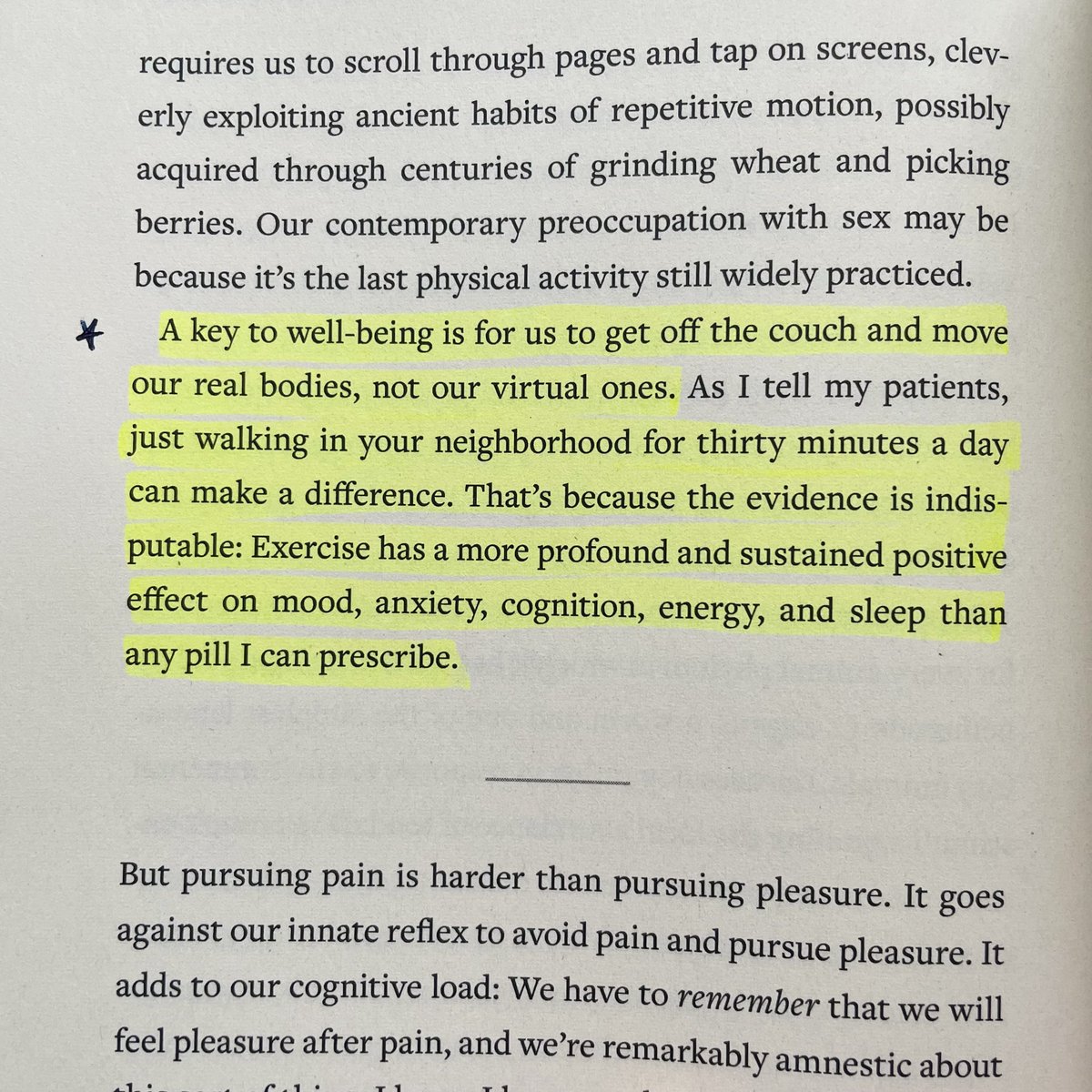
7) The rewards of finding and maintaining balance are neither immediate nor permanent. They require patience and maintenance.
Healthy practices happen day by day.
Healthy practices happen day by day.

For more of these, subscribe to my weekly newsletter “Learn, Unlearn and Relearn” on reading:
readswithravi.beehiiv.com/subscribe
readswithravi.beehiiv.com/subscribe
Thank you for going through the thread. Retweet the first tweet so you can share it with others.
Follow me at @readswithravi for more book reviews, lessons and recommendations.
Follow me at @readswithravi for more book reviews, lessons and recommendations.
https://x.com/readswithravi/status/1959664430071083377
• • •
Missing some Tweet in this thread? You can try to
force a refresh

